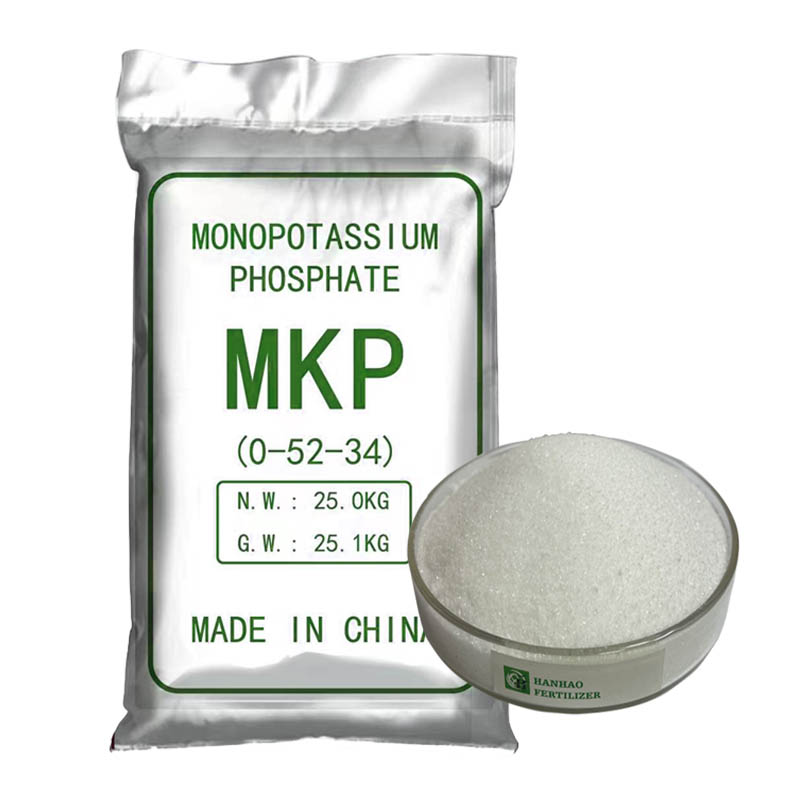
Nov . 17, 2024 18:51 Back to list
Water-Soluble Nitrogen Fertilizers for Enhanced Plant Growth and Nutrient Delivery
The Importance of Water Soluble Nitrogen Fertilizers in Modern Agriculture
In contemporary agriculture, maximizing crop yields while minimizing environmental impact is a paramount concern for farmers and scientists alike. One of the key components in achieving this balance is the use of water soluble nitrogen fertilizers. These fertilizers are essential for promoting healthy plant growth and are increasingly significant in precision agriculture practices.
Water soluble nitrogen fertilizers contain nitrogen in forms that are readily available for plant uptake. Unlike traditional fertilizers, which can take time to break down and may not be immediately usable by plants, water soluble options ensure that crops can access the necessary nutrients almost instantly. This is particularly important during critical growth stages when plants require a significant amount of nitrogen for cellular development, photosynthesis, and overall vitality.
The primary forms of nitrogen found in these fertilizers include urea, ammonium nitrate, and calcium nitrate. Each has its unique characteristics and modes of action. Urea, for instance, is the most commonly used nitrogen fertilizer due to its high nitrogen content and versatility. When applied, urea rapidly dissolves in water, making it available to plants and fostering increased growth rates.
The efficiency of water soluble nitrogen fertilizers goes beyond immediate nutrient availability. These products also allow for the precise application of nutrients, thereby reducing wastage and the potential for environmental run-off. In an agricultural landscape increasingly plagued by nutrient pollution, especially in waterways, the controlled use of soluble fertilizers helps mitigate such risks. Farmers can tailor their applications to the specific needs of their crops, based on soil tests and growth stages, ensuring that only the required amounts are used.
water soluble nitrogen fertilizer

Moreover, water soluble nitrogen fertilizers contribute to the practice of fertigation, wherein fertilizers are dissolved in irrigation water and applied directly to crops. This technique enhances nutrient uptake efficiency, minimizes nutrient leaching, and supports water conservation strategies. As agriculture continues to evolve toward more sustainable practices, fertigation offers an effective methodology for integrating irrigation and fertilization — two critical aspects of crop management.
In addition to their agricultural applications, water soluble nitrogen fertilizers are also beneficial in greenhouse and hydroponic systems, where nutrient management is crucial. In such controlled environments, the immediate availability of nitrogen plays a vital role in promoting rapid plant growth and optimizing conditions for high-value crops, such as vegetables and flowers.
While the advantages of water soluble nitrogen fertilizers are clear, it is essential to use them responsibly. Farmers must be educated on proper application rates to avoid over-fertilization, which can lead to soil degradation, plant burn, and adverse environmental impacts. Furthermore, integrating these fertilizers into a broader nutrient management plan is crucial for ensuring sustainable agricultural practices.
In conclusion, water soluble nitrogen fertilizers are a vital tool in modern agriculture. They not only enhance plant growth and yield but also contribute to sustainable farming practices through their efficient nutrient delivery and application methods. As the agricultural sector continues to face challenges related to food security and environmental sustainability, the role of water soluble nitrogen fertilizers will undoubtedly grow, supporting farmers in their quest for more efficient and responsible farming solutions.
-
Premium 10 10 10 Fertilizer Organic for Balanced Plant Growth
NewsJul.29,2025
-
50 Pound Bags of 13-13-13 Fertilizer for All Plants – Bulk & Organic Options
NewsJul.28,2025
-
High-Efficiency 15-30-15 Granular Fertilizer for Healthy Crops
NewsJul.28,2025
-
15-30-15 Granular Fertilizer for Optimal Crop & Lawn Growth
NewsJul.27,2025
-
Premium 10 10 10 Water Soluble Fertilizer for Fast Plant Growth
NewsJul.26,2025
-
Premium 10 10 10 Fertilizer Organic for Plants & Lawns
NewsJul.25,2025
